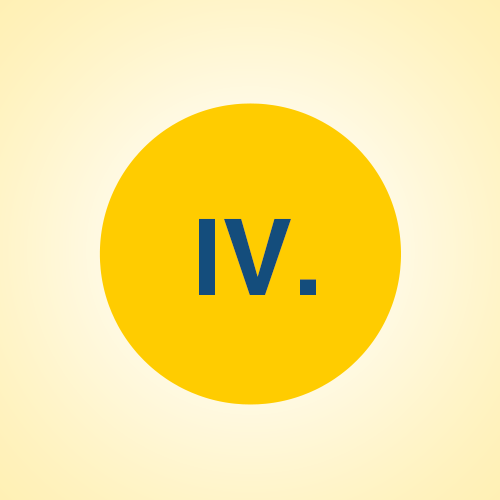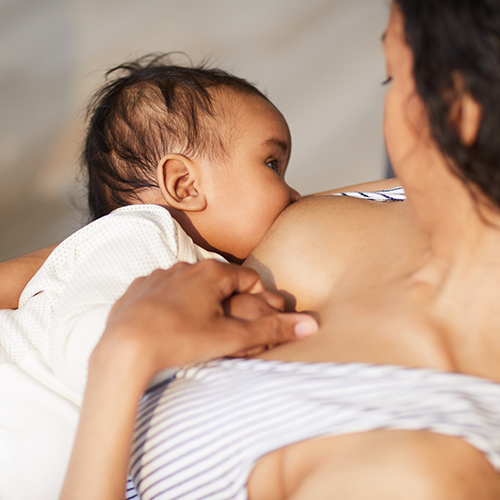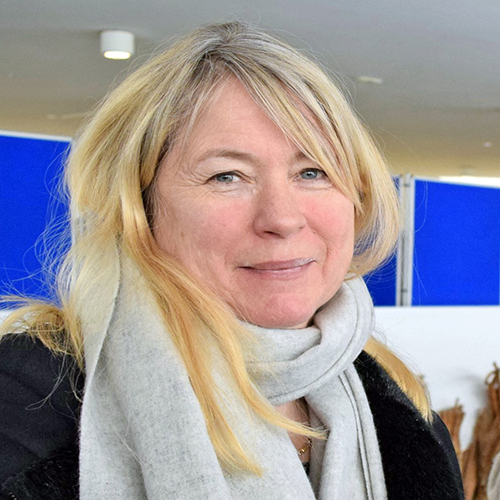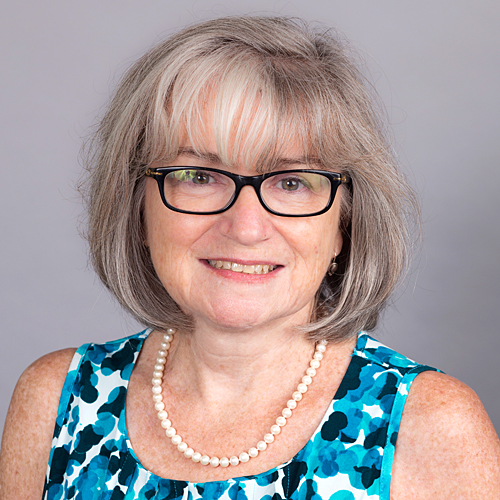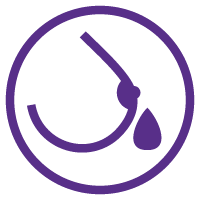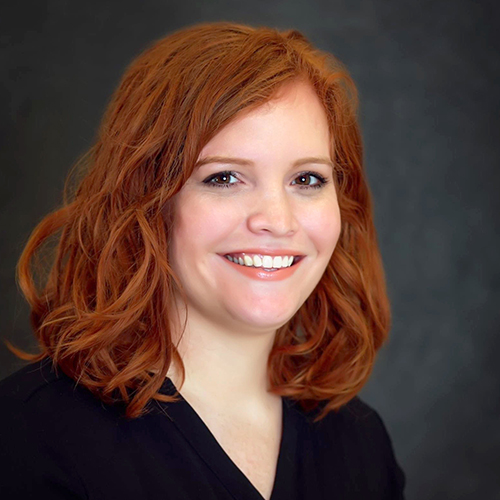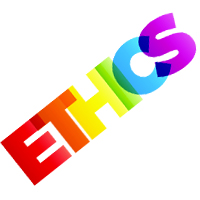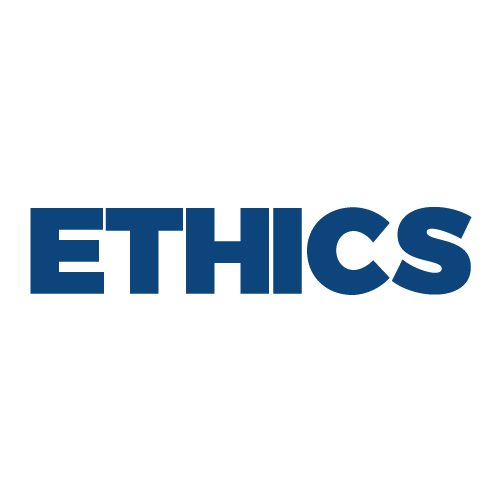 Lactation & Breastfeeding Online Course(s) & Continuing Education
Lactation & Breastfeeding Online Course(s) & Continuing Education
Access the latest clinical skills and research for Lactation & Breastfeeding for professional training. These Lactation & Breastfeeding online courses provide practice-changing skills and valuable perspectives from leading global experts. This Lactation & Breastfeeding education has been accredited for a variety of CEUs / CERPs and can be accessed on-demand, at your own pace.
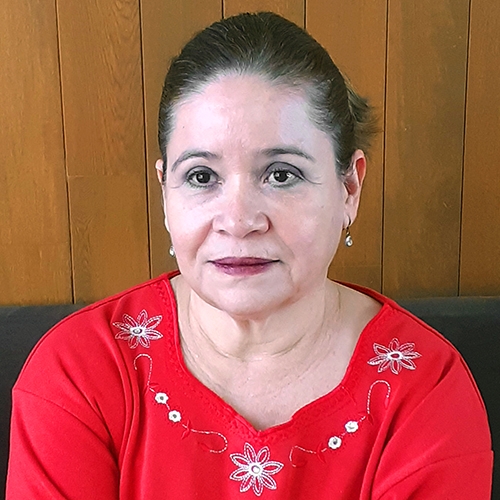
Effect of the Spray Drying Process, High Pressures, and Radiation on the Nutritional Quality of Human Milk

Dr. Blanca Aguilar Uscanga is a Biochemical Engineer in Food Science and has a Masters in Food Science. She graduated from the Institute Technologic of Veracruz (ITV) México. She completed her doctoral studies in the specialty of Biotechnology at the National Institute of the Sciences Appliqués of Toulouse in France.
She is currently a full-time research professor (since 2006) at the Centro Universitario de Ciencias Exactas e Ingenierías (CUCEI) de la Universidad de Guadalajara. Dr. Aguilar Uscanga is adjunct professor to the Department of Pharmacobiology, where she teaches courses of Applied Microbiology, Biotechnology and Food Science to undergraduate and PhD students.
She is a member of the National System of Researchers in Mexico recognized by CONACYT, with level 2. The research areas are: Food Biotechnology and Microbiology, which cover different areas of research such as: Obtaining bioactive compounds and metabolites of industrial importance through of microorganisms, production and development of functional foods, fermented beverages, probiotics, prebiotics and food safety.
She has international collaborations with the Institute Armand Frappier, Canada and the Institut sur la nutrition et les aliments fonctionnels (INAF) in Québec. Currently she is member of INRS and has an honorable mention of “Professeure associée” provided by the INRS- the Institute Armand Frappier in Laval, Canada.
Human milk is the first food that the newborn receives and provides all the nutrients necessary for its growth. In order to feed children with breastfeeding problems, Human Milk Banks (BLH) were implemented, which conserve this food through pasteurization and freezing processes. Because human milk is very perishable, this work will present some results obtained on spray drying, high hydrostatic pressures, and UV radiation in human milk, in order to preserve and avoid loss of nutrients in this food, as well as offer a new alternative to the BLH for its conservation.

View Details / Enroll
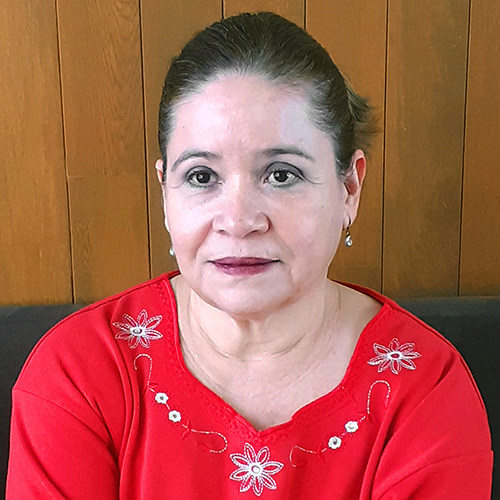
View Details / Enroll

Empowering Breastfeeding in Women Receiving Medication-Assisted Treatment for Opioid Use Disorder: A Call for Policy Change

Dr. Kelly McGlothen-Bell is an Assistant Professor at UT Health San Antonio, School of Nursing. As a nurse scientist, Dr. McGlothen-Bell is dedicated to understanding and resolving perinatal-infant health disparities in underrepresented groups, particularly among mother-infant dyads impacted by substance use disorders and preterm births. Dr. McGlothen-Bell uses interdisciplinary research, bio-behavioral methodologies, and community-engaged strategies to define and explore health priorities that can be remedied through culturally appropriate and sustainable health solutions. Her program of science focuses on understanding the relationship between infant feeding behaviors and readiness in high-risk infants and attunement between the primary caregiver and child during infancy and toddlerhood. The culmination of these findings contributes to the development of evidence-based interventions geared toward improving parental engagement and pediatric feeding success in marginalized populations. Dr. McGlothen-Bell has published numerous peer-reviewed articles related to developmental strategies for high-risk infants. She has also presented her work at conferences nationally and internationally. Dr. McGlothen-Bell has received numerous awards to include the 2019 National Association of Neonatal Nurses (NANN) Mentee/Mentor Grant Award. She was also selected as a 2019-2020 Academy Jonas Nurse Policy Scholar.
Topic: Feeding Behaviors in the Opioid Exposed Infant - [View Abstract]
Inequitable access to mother's milk often disempowers those who may benefit the most from it's' benefits. Moreover, suboptimal breastfeeding has the potential to negatively impact the health and well-being of future generations to come. Mother's own milk is internationally accepted as the most optimal source of nutrition for infants, yet breastfeeding initiation and duration rates among minority populations (i.e., women with opioid use disorders [OUDs]) continue to lag significantly behind that of the general population. The implications of the current U.S. opioid crisis and its increasing influence on women of reproductive age presents important considerations for the ways women and infants may receive inequitable access to breastfeeding and the benefits of mother's milk. In this presentation, learn the keys needed to empower lactation support providers to advocate for the use of scientific evidence that informs breastfeeding practices for women receiving MAT for OUD.
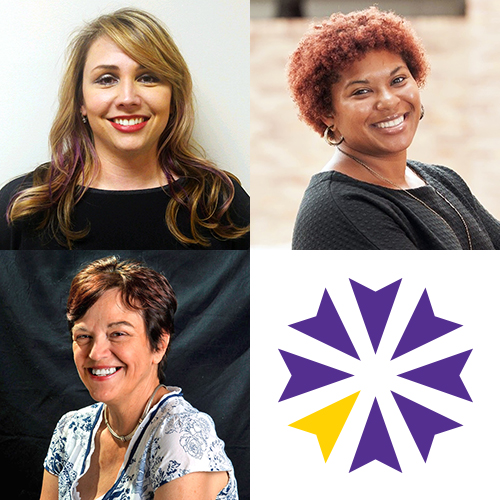
View Details / Enroll
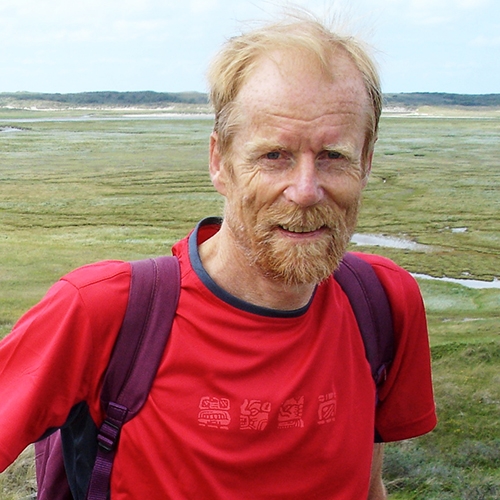
Ending Sponsorship of Paediatricians by BMS Companies – Case Study of RCPCH

Tony Waterston is a retired consultant paediatrician who worked mainly in the community in Newcastle upon Tyne, UK. He spent 6 years working in Zambia and Zimbabwe and directed the Royal College of Paediatrics and Child Health Diploma in Palestinian Child Health teaching programme in the occupied Palestinian territories. He was an Editor of the Journal of Tropical Pediatrics and is on the Executive Committee of the International Society for Social Pediatrics. His academic interests are child poverty, advocacy for child health and children's rights. He is currently the lead moderator of CHIFA (HIFA's sister forum on child health and rights).
I shall summarise the problems created by sponsorship of paediatric associations by the manufacturers of Breastmilk Substitutes, using findings from the literature. I shall then present the experience of the Royal College of Paediatrics and Child Health (RCPCH) in the UK, over the last 20 years since efforts were first made by the membership to end the sponsorship by several formula manufacturers including Nestle and Danone. Following a number of motions passed at the AGM over successive years, members voted in 2017 to end sponsorship. Following this the leadership carried out a consultation of the whole membership which led to the policy of sponsorship being re-affirmed. In 2019, following a change in leadership and the publication of two critical papers in prominent medical journals, the policy was changed to end all sponsorship by BMS manufacturers. The essential ingredients of this successful advocacy were lobbying by members over a long period of years; the publication of critical data in medical journals; and the election of officers sympathetic to a change of policy.
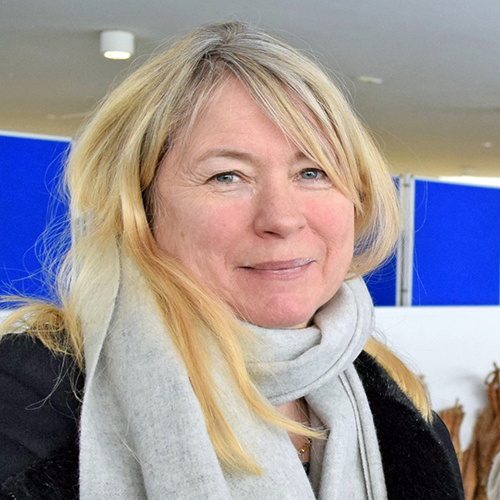

Merete Eggesboe, MD and an environmental epidemiologist at the Norwegian Institute of Public Health, is dedicated to understanding the role of the microbiome and environmental toxicants in children’s health. In order to do so she initiated the prospective HUMIS & NoMIC birth cohorts, encompassing more than 2600 mother-child pairs where the gut microbiome and toxicant exposure has been mapped in human milk and fecal samples. She has now followed them for 18 years and the longitudinal extensive data collection provides a wealth of research opportunities. It has also been linked to the Norwegain Patient Registry where all specialist diagnosis set on all research subjects are available. The focus so far has been on understanding their role in reproductive health, growth/obesity, neuropsychological functioning and vaccine immune responses. Recent studies have also looked at how toxicants in human milk may affect the infant’s microbiome. And vice versa: how our gut microbiome affects the metabolism of toxicants. She has been cited >6000 times over the last 5 years and has an h-index of 51 and has published more than 100 peer-reviewed papers. She is a popular speaker, leads several prestigious Norwegian Research council programs and participates in several EU projects.
According to a recent WHO/UN report, synthetic chemicals are a threat to human health. Persistent Organic Pollutants (POPS) are of special concern to humans since they bioaccumulate and biomagnify. Species on the top of the food chain pyramid such as humans are thus among the most heavily exposed. POPS is a group of chemicals compromising PCBs, DDT, Dioxin, Organic Pesticides, flame retardants, as well as the more recent contaminants perfluorinated compounds. They are ubiquitous in air, water and soil, food and humans. In spite of DDT being forbidden more than 40 years ago, both DDT and its metabolite DDE, are still found in breastmilk. This demonstrates the long legacy of these chemicals. The child is exposed to the mother's accumulated levels while in the womb since most of these chemicals pass to the uterus unrestricted, and through breast milk. In spite of declining levels of forbidden POPs we demonstrate that perinatal exposure to POPs are associated with adverse effects on infant health. Large multi-cohort studies encompassing many thousand mother-child pairs report adverse effects of these chemicals on growth and neurodevelopment, with an increased risk of obesity and behavioral disorders among those most heavily exposed.
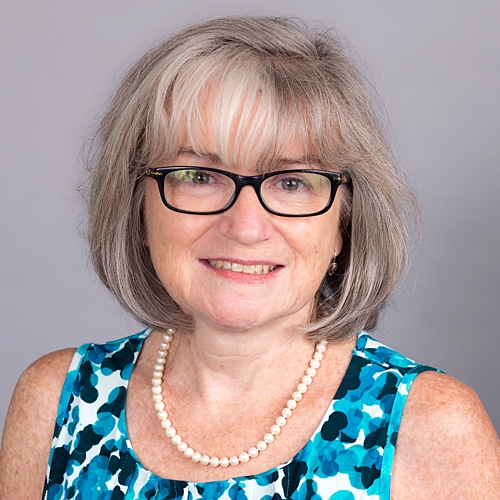

Dr. Hawes provides clinical services in the Neonatal Intensive Care Unit and at the Perinatal and Postpartum Clinic at the Center for Children and Families at Women & Infants Hospital, where she treats women and their partners experiencing perinatal mood and anxiety issues. Treatment includes individual and family psychotherapy. She is an assistant professor (adjunct) in the Department of Pediatrics at The Warren Alpert Medical School of Brown University. She trained in adult psychiatry and mental health at the University of Rhode Island and is board certified in adult psychiatric-mental health advanced practice nursing. Her research, clinical work, and lectures focus on stress and trauma related to the premature birth experience. In addition she studies the relationship between nursing practice and parent and infant outcomes; nurse-patient interaction; the healthcare work environment and provider and patient outcomes; and the epigenetics of stress. (https://vivo.brown.edu/display/khawes).
Classic animal studies have shown that maternal care of rat mothers e.g. licking and grooming and arched back nursing, impacts offspring outcomes such as behavior, development, and stress regulation. These outcomes persist over subsequent generations. Epigenetics, the study of how environmental influences affect gene expression, mediates these effects. In this session we will discuss and explore how similar epigenetic mechanisms in humans possibly relate to the protective effects of breastfeeding and maternal tactile stimulation on infant stress reactivity.

View Details / Enroll
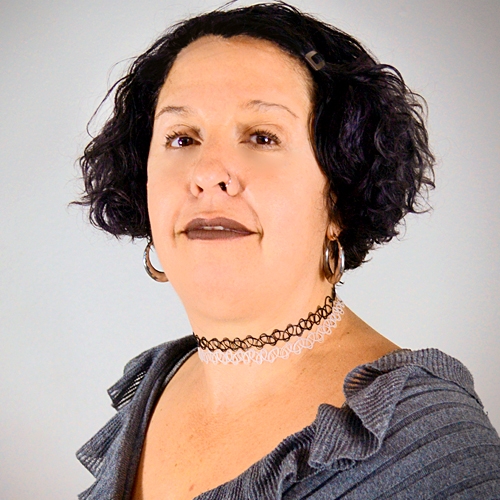
Equity and Safer Infant Feeding in Times of Disaster and Civil Unrest

Lourdes Santaballa is a community activist and organizer, with a background in domestic violence, affordable housing, and economic equity advocacy. A La Leche League leader from 2009-2017 and IBCLC since 2011, she was the founder of the lactation program at sePARE, providing coordinated services to low income families, leading it to receive the ILCA Care Award and received the Wilson-Clay Hoover Award for Research. Lourdes received the notorious Drs. Ruth Lawrence and Audrey Naylor Legacy Scholarship in 2016 by the United States Breastfeeding Committee, the Miriam H. Labbok Award for Excellence at the Breastfeeding and Feminism conference in 2018 and is currently completing her master’s degree in clinical nutrition. In October 2017, following Hurricanes Irma and Maria, Lourdes founded Alimentación Segura Infantil or ASI, an Infant and Young Child feeding program focused on increasing breastfeeding, leadership and training in marginalized communities in Puerto Rico.
In times of civil instability and changing global climate, we risk natural disasters, infrastructure failure, terrorist situation, police brutality, mass migration, chemical accident, war or other type of emergencies. Infants and young children under the age of 2 are the most vulnerable due to their dependence on adults for survival and their delicate physiology. We know that lactation in emergencies saves lives, yet the unrest that occurs in the days immediately after the disaster may contribute to premature weaning. At the same time, many babies are not breast or chestfed at all or only partially. This session will explore the methods to preserve breastfeeding, decrease the use of formula and other human milk substitutes, promote relactation, and teach appropriate complementary feeding in a disaster appropriate, low tech and resource limited environment. We will also discuss the colonial and patriarchal of humanitarian relief and how to make equity our focal point.

View Details / Enroll
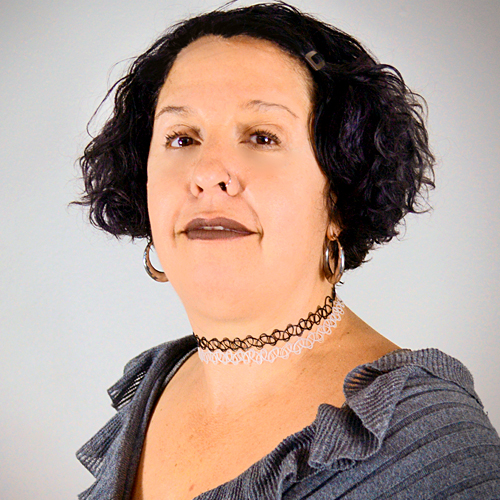
View Details / Enroll
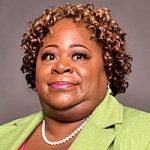
Establishing & Maintaining Milk Production When Exclusively Pumping

Kimarie Bugg is currently a Doctor of Nursing Practice student and is President and CEO of Reaching Our Sisters Everywhere (ROSE), a National nonprofit corporation developed in 2011 to address breastfeeding inequities in the African American community. Kimarie previously worked for Emory University, School of Medicine, as a nurse practitioner. She is a member of the faculty for CHAMPs, a Baby Friendly Hospital Initiative, and chair of the nominating committee of United States Breastfeeding Committee. She also provides training for healthcare providers and community transformers nationwide. She completed a Community Health Leadership Program, within the Satcher Health Leadership Institute at Morehouse School of Medicine that stressed best practices to provide global health equity and eliminating health disparities through action-oriented projects. In 2016, Kimarie received a Legacy Award from the United States Breastfeeding Committee for her work in the breastfeeding arena for 38 years. She believes that Truth, Racial Healing and Transformation can take place in marginalized communities, starting with Breastfeeding. Kimarie lives in the Atlanta area with her husband, Dr. George W. Bugg Jr, a neonatologist and they are the parents of 5 adult children.
Topic: Reaching Our Sisters Everywhere (ROSE) - [View Abstract]
In this presentation, you will learn about working with mothers' who are struggling to maintain their milk supply when infant is unable to latch or they have an infant in the NICU or wanting to plan ahead and maintaining a supply perhaps while they are either returning to work or school.
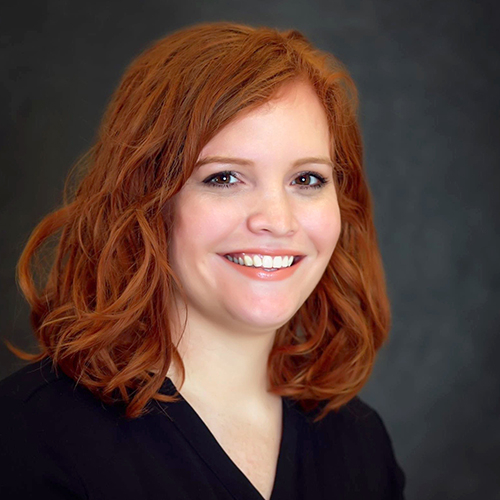

Kelsie Barta is an International Board Certified Lactation Consultant (IBCLC) who lives in Richmond, Texas with her spouse and two young children. She is currently pursuing a Doctorate of Philosophy in Nursing Science with Texas Woman’s University, with a primary research interest in lactation. She occupies her time with various part-time endeavors, including working as a Family Nurse Practitioner, a Clinical Nursing Instructor for nursing students in their maternal child health and pediatric clinical experiences, lactation consulting, and volunteer work with an emerging nonprofit maternal health organization in Houston, Texas. Her experiences with lactation are dynamic. Professionally, she has worked with breastfeeding/chestfeeding dyads in a postpartum hospital unit, through outpatient clinic visits, and via antenatal education. Her personal experiences include breastfeeding her children, serving as a resource to friends and family, and generally being “plugged in” to how lactation and lactation consulting may be perceived among people her age. She is passionate about empowering parents to reach their infant feeding goals, equitable access to lactation care, and health policy.
Health professionals that interact with birthing parents and their infants in the first few days of life are uniquely positioned to impact lactation. In the context of the maternal guilt, shame, and stigmatization that can accompany infant feeding decisions, lactation professionals have an obligation to provide ethical care. This presentation will review the ethical guidelines of autonomy, nonmaleficence, and justice in the context of lactation support in the early postpartum period. Participants will be presented with strategies to mitigate harm, promote autonomous decision-making, and increase equity in lactation care. Based on these ethical principles, the extent of lactation promotion and language considerations will be discussed, as well as an in-depth look at the health professional’s ethical responsibilities when encountering cessation of exclusive human milk feedings.
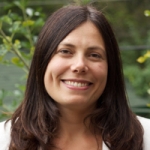

Robyn Lee is an Assistant Professor in Sociology at the University of Alberta. Previously, she was visiting scholar at the Brocher Foundation (Geneva, Switzerland) and a Banting Postdoctoral Fellow at Brock University. She holds a PhD in Social and Political Thought from York University. Her research interests include contemporary social theory, gender, sexuality, care work, and embodiment. She is the author of The Ethics and Politics of Breastfeeding: Power, Pleasure, Poetics, published by University of Toronto Press (2018) and has published articles in journals including Feminist Theory, Hypatia, Gender, Work, and Organization, and Family Theory and Review.
This presentation will explore some contemporary ethical issues in breastfeeding, situating them in social contexts. Issues to be explored will include social responsibilities vs individual responsibilities, social disparities and inequalities, and gender identity/expression.
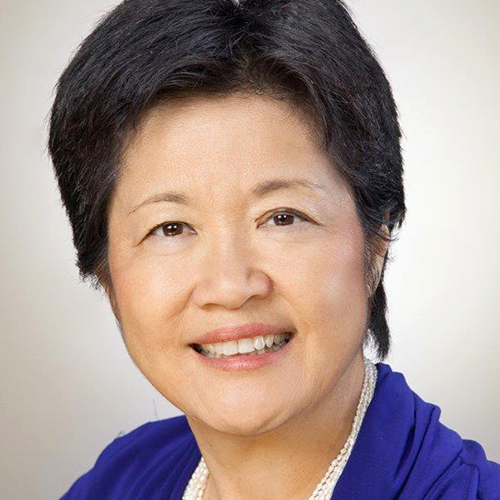

Pauline Sakamoto's nursing career in milk banking started as a volunteer donor to the Mothers’ Milk Bank in San Jose 35 years ago. Previously, she worked at the County Health Department of San Bernardino as a Public Health Nurse in the largest county in the US covering the Hi Desert. She was also employed by the CA State Department of Health, Fiscal Intermediary Management Division for Medi-Cal. Her experience with the nonprofit San Jose Milk Bank for 35 years included processing and operations, the screening of donors and dispensing of donor human milk for inpatient and outpatient services, administration of the San Jose Mothers’ Milk Bank for over 20 years and concurrently leadership roles in the Human Milk Banking Association of North America. Currently, she serves on multiple committees within HMBANA regarding policies and standards, auditing member banks, and reviews legislative and state statutes on milk banking and lactation. She has been representing HMBANA at the US Breastfeeding Committee for over 9 years and served on the Board of USBC for 6 years. Internationally, in 2012-14, she served on PATH’s Milk Banking Policy Group and continues to work internationally on issues on processing and safety. She has stepped down from the Executive Director position at the Milk Bank in 2019 but continue to pursue her passion on milk banking (half time in the office) and Lactation.
This session will explore the ethical issues of milk collection, priority use and distribution. Currently, there are limited regulations and cultural norms regarding human milk. Is it a human tissue or food? Is human milk a commodity? How does this relate to the treatment of women and their infants? What is the current status of access to human milk and equity of services? What does “safe milk” mean? This session is to explore the current condition of ethical issues surrounding human milk, “liquid gold”…the panacea for life for the most vulnerable in our society.




